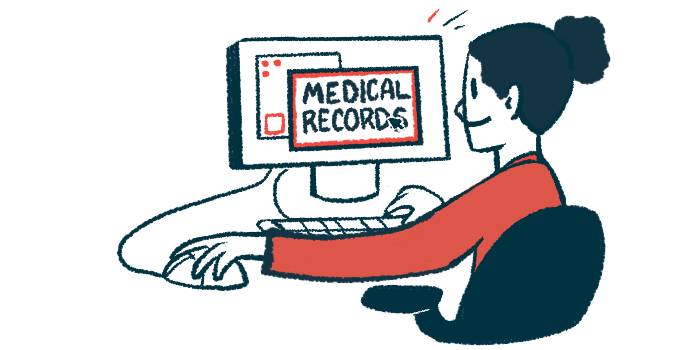EverythingALS launches AI platform to accelerate ALS research
Goal of Vision 2030 AI Hub is restoring lost motor function to patients
Written by |

EverythingALS has introduced a platform aimed at advancing amyotrophic lateral sclerosis (ALS) research using artificial intelligence (AI) and machine learning — with the ultimate goal of eradicating the disease and restoring lost motor function to those with ALS and other neurodegenerative disorders.
The collaborative and technology-enabled platform, dubbed the Vision 2030 AI Hub, will be led by Indu Navar, EverythingALS’ founder and CEO, and Bill Nuti, the nonprofit’s chairman.
“We are unified in our conviction that AI is not just a technological breakthrough — it is the beacon of hope for medical research and will profoundly redefine the future of healthcare and medicine,” Navar said.
In launching Vision 2030, EverythingALS made financial gifts to the Massachusetts Institute of Technology and Massachusetts General Hospital, with the nonprofit stating in a press release that these institutions are “driving innovative, ground-breaking work in this field.”
The AI hub will seek to unite investigators through a comprehensive data, technology, and industry-partner supply chain. Together, according to EverythingALS, these partners will be able to quickly translate basic science discoveries in regeneration and repair into life-changing therapies.
Everything ALS will use AI platform to seek a cure for ALS
In addition to investigators, the platform will include biotech and pharmaceutical companies, hospital clinics, academia, government agencies, and foundations seeking an ALS cure.
The AI platform is part of the organization’s Vision 2030 initiative, which seeks to address historical impediments to treatment development, such as insufficient funding and a lack of technology infrastructure, as well as a dearth of data science expertise.
“ALS research, in both the private and public sectors, is severely impeded by slow and cumbersome funding processes, and the limited availability of grants due to ALS’s lower prevalence,” Nuti said, adding that “this scarcity of resources [forces] researchers to spend considerable time seeking financial support, often through charitable means.”
EverythingALS is looking to change that paradigm.
“This stark reality underscores a pressing need for a radical change in approach to ensure that no promising research is left on the sidelines, and we accelerate the process of developing a cure. Vision 2030 is the right operating model to address these challenges,” Nuti said.
According to Navar, the platform “will strategically harness the power of advanced technology and collective clinical know-how to foment meaningful progress.”
“Along with a solid operational plan, we have reached a pivotal moment in history, where quantum advancements in science and technology can be applied to the effort and transcend human limitations,” Navar said.
Key hub features include a unique network — an ecosystem that harnesses cutting-edge innovation in AI, generative AI, and large language models. The platform also will have a “laser focus” on research targeting repair and regeneration and will establish an extensive “data lake” of such research for global availability to scientists, the release states.
It also will feature a so-called frictionless operating framework, in that it will provide research tools and resources to eliminate the burden of grant application and funding. Further, its partners are expected to work together to ultimately streamline the therapy development process.
Along with a solid operational plan, we have reached a pivotal moment in history, where quantum advancements in science and technology can be applied to the effort and transcend human limitations.
Ernest Fraenkel, PhD, an MIT professor of biological engineering, noted that “EverythingALS has a singular yet powerful mission — to dissect and understand the various subtypes of ALS and uncover their causes.”
The chair of the Vision 2030 AI Hub steering committee, Merit Cudkowicz, MD — also the director of the Sean M. Healey & AMG Center for ALS at Mass General — says “this is the nexus where our collective strides become a giant leap for mankind.”
“Across the annals of medical research, progress often emerges in fragments, illuminating the path piece by piece,” Cudkowicz said.
“Yet, it is not until these fragments unite that we witness the dawn of a transformation. The Vision 2030 AI Hub epitomizes this momentous convergence — where the cumulative advances in ALS research and technology coalesce, heralding a new epoch of hope and discovery,” Cudkowicz said.
To encourage financial support, Vision 2030 AI Hub’s operating model will emphasize the urgency of conducting research into cures for ALS and other neurodegenerative disorders, rather than treatments that manage symptoms.
For more information on the AI platform, send an email to [email protected].






